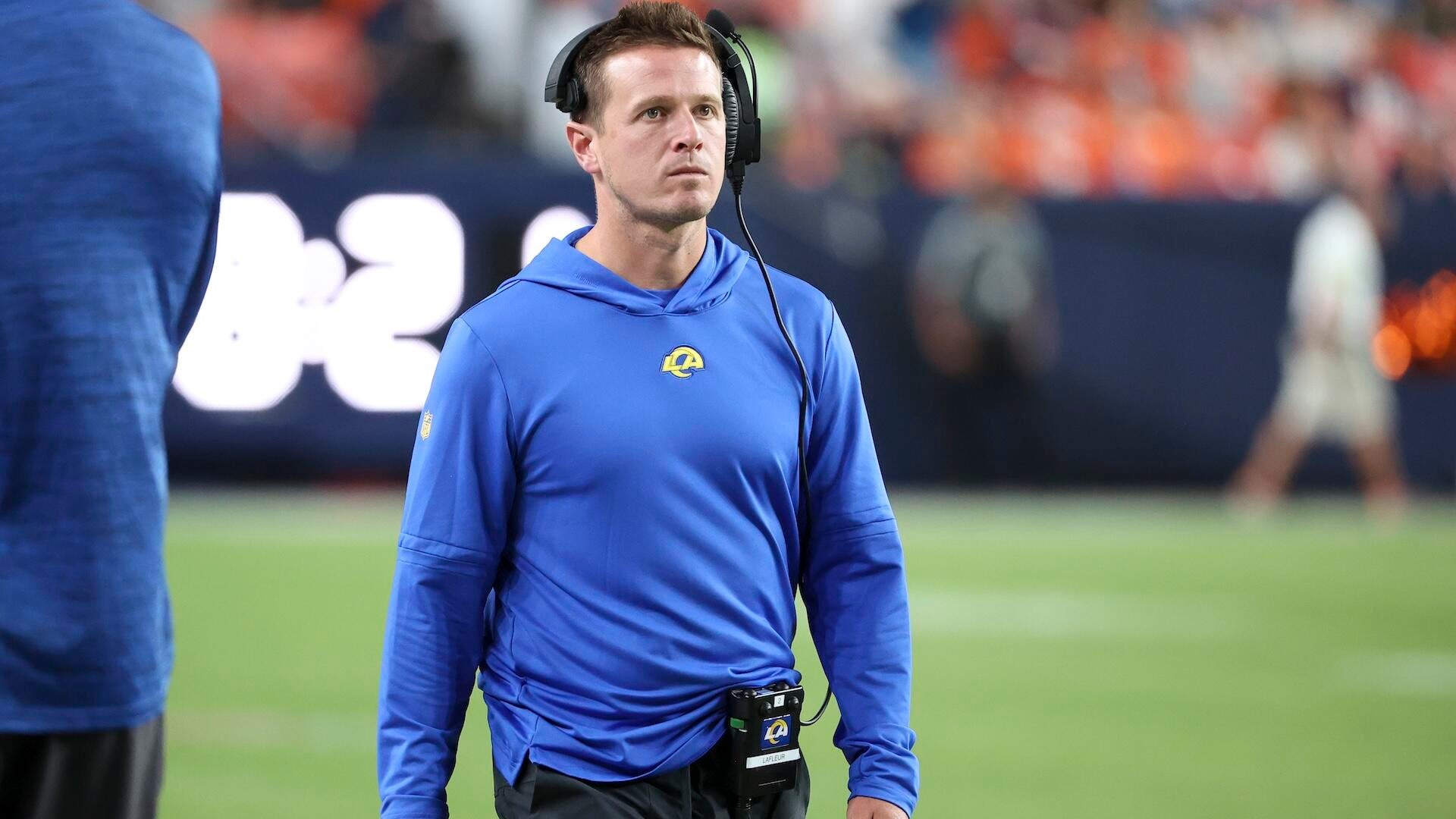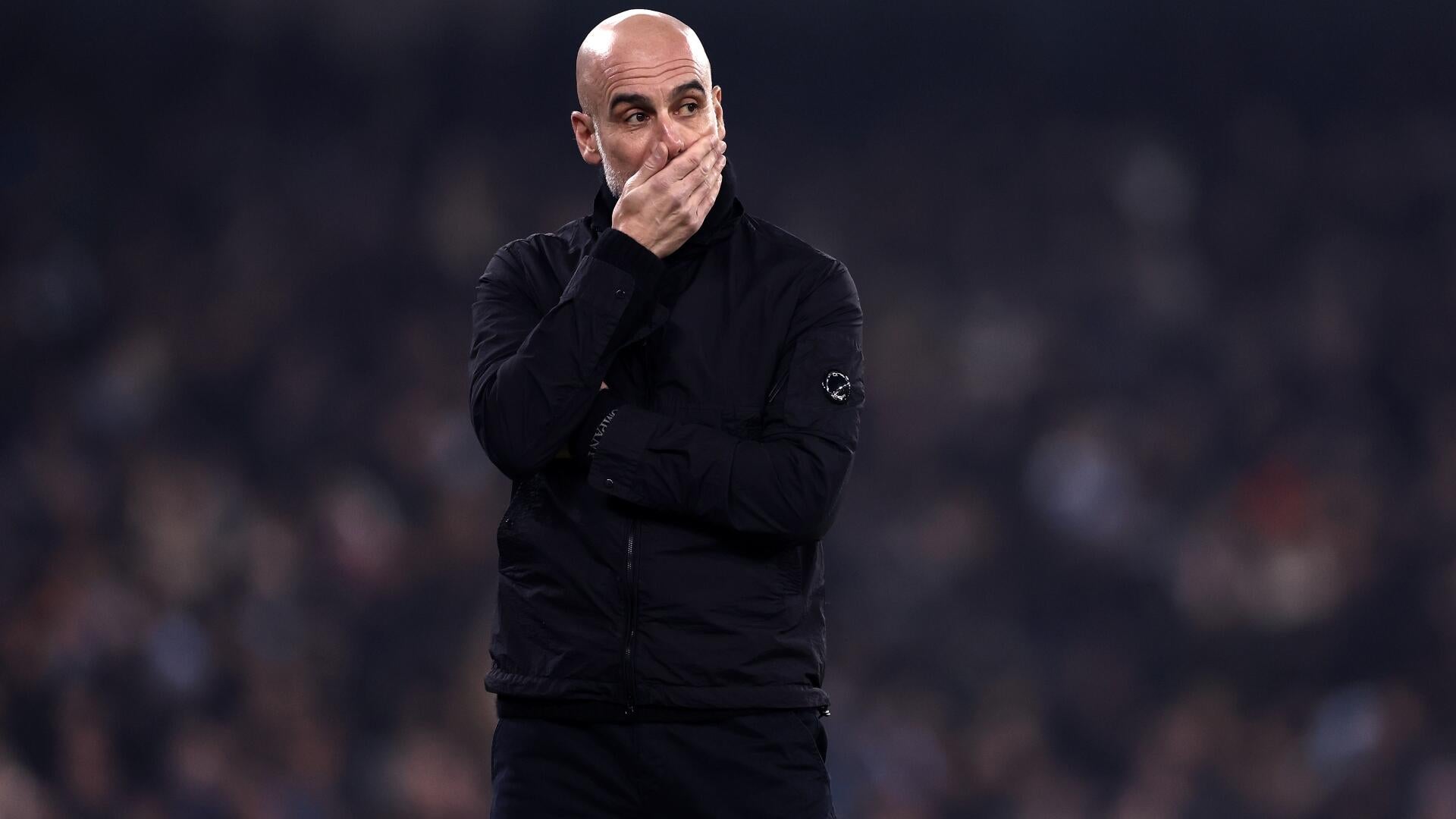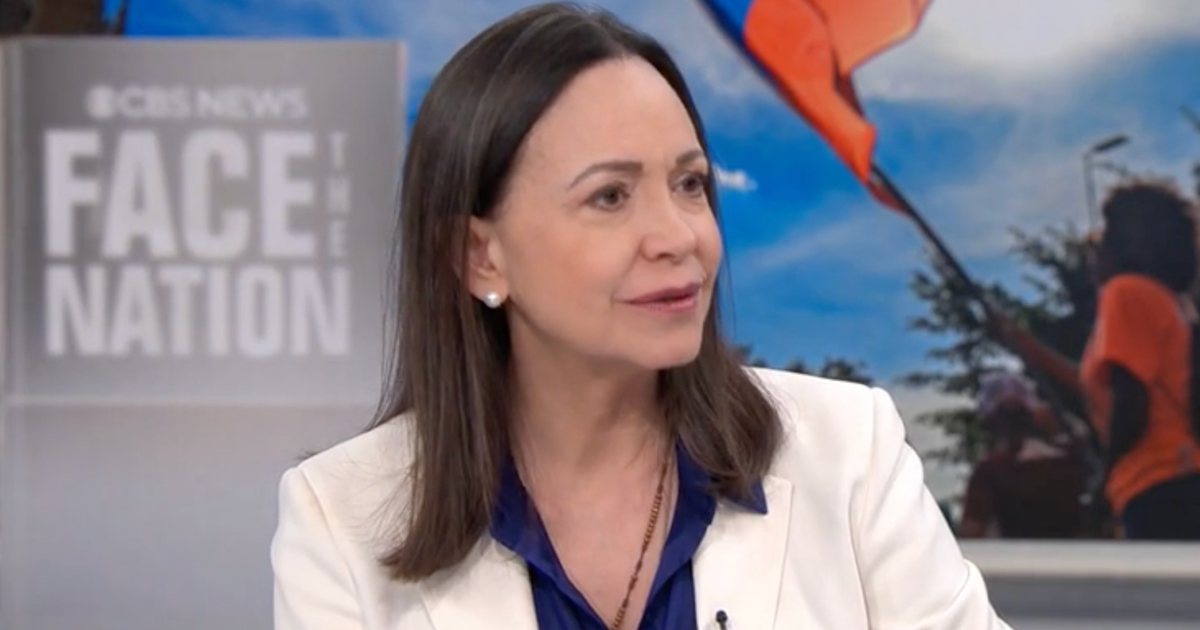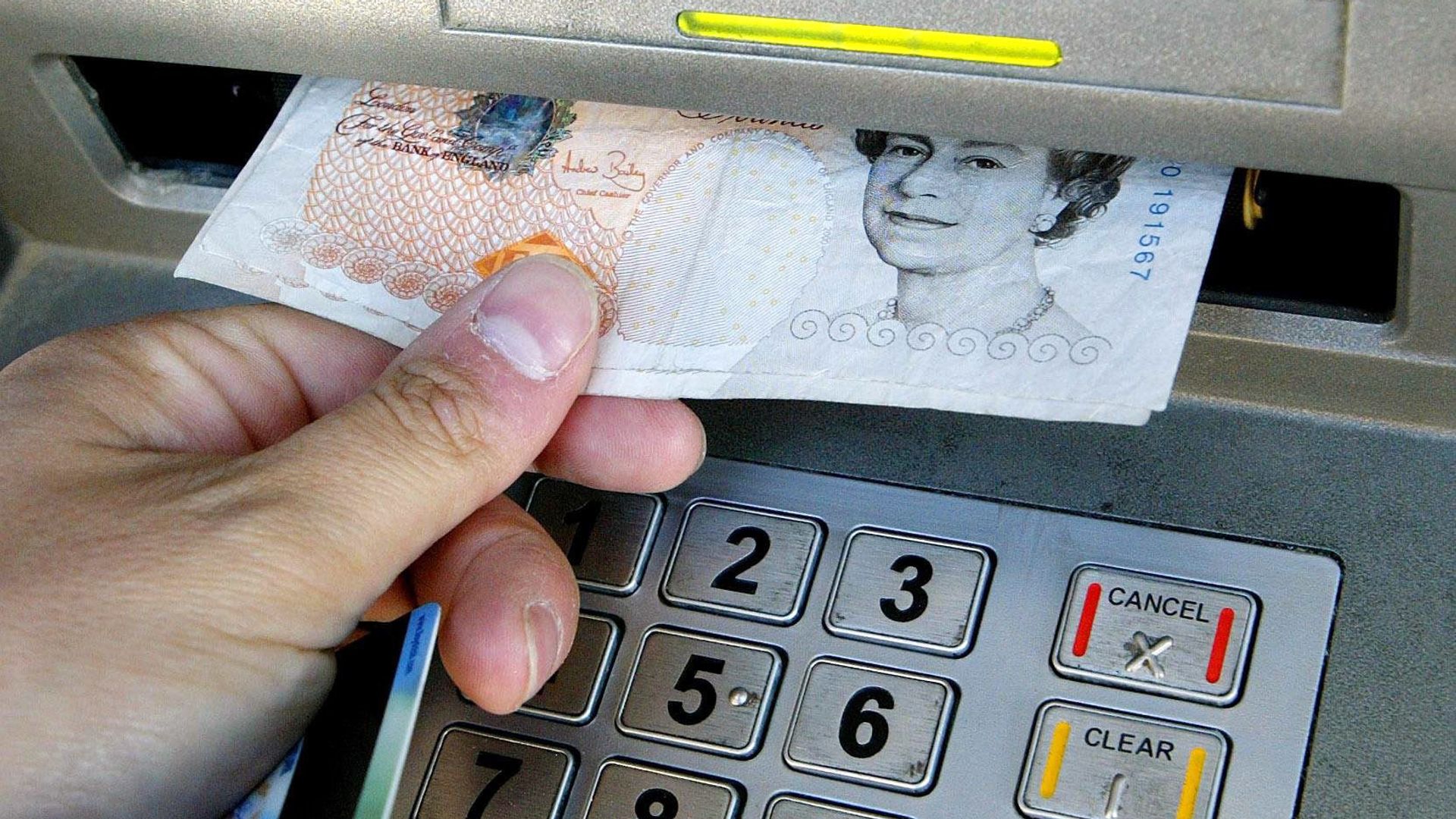
UK economic growth slowed as US President Donald Trump's tariffs hit and businesses grappled with higher costs, official figures show.
A measure of everything produced in the economy, gross domestic product (GDP), expanded just 0.3% in the three months to June, according to the Office for National Statistics (ONS).
It's a slowdown from the first three months of the year when businesses rushed to prepare for Mr Trump's taxes on imports, and GDP rose 0.7%.
But it's also a stronger showing than expected and relatively welcome news for Chancellor Rachel Reeves, whose government has staked its success on growing the economy.
Economists polled by Reuters and the Bank of England had only anticipated GDP expansion of 0.1% across April to June.
Money latest: Fortnum and Mason's pastry guru reveals supermarket dessert he loves
The figure was better than anticipated after a strong June. Across the month, GDP rose 0.4%, surprising observers.
It could mean the UK has the strongest-performing economy of the G7 club of wealthy nations for the first half of 2025, a title it held in the first three months of the year. Member state Japan has yet to report its GDP data.
What happened?
Caution from customers and higher costs for employers, however, led to the lower growth reading up to June rather than the previous quarter.
Employers were hit with higher costs in the form of more expensive national insurance contributions and increased minimum wages.
Economic activity in April and May, in particular, was weak as purchases were brought forward to early in the year ahead of the stamp duty change and tariff changes.
Costs rose for households in April as energy, water and council tax bills rose, leading to higher inflation overall.
Growth came from services, the largest sector of the economy, with computer programming, health and vehicle leasing performing well, the ONS's director of economic statistics, Liz McKeown, said.
Scientific research and development, engineering and car sales all had a strong month in June, as did production of electronics, she added.
The biggest increase in expenditure came from government spending, which was up due to higher spending on health, especially vaccinations, and public administration and defence.
Another way of measuring things
When looked at on a per-person basis - which strips out the economic benefits from a larger population - GDP grew 0.7% over the past year.
This metric, known as GDP per capita, better tracks living standards.
Politics latest: Rachel Reeves won't rule out tightening inheritance tax rules
The living standards thinktank, the Resolution Foundation, pointed out it is weaker than the 2010s average of 1.3%, and a "far cry" from the 2.5% growth in the pre-financial crisis period from 1993 to 2008.
Political reaction
Ms Reeves described the figures as "positive with a strong start to the year and continued growth in the second quarter".
"But there is more to do to deliver an economy that works for working people," she added.
"I know that the British economy has the key ingredients for success but has felt stuck for too long.
"That is why we're investing to rebuild our national infrastructure, cutting back on red tape to get Britain building again and boosting the national minimum wage to make work pay. There's more to do".
Shadow chancellor Mel Stride said the government is "taxing the living daylights out of businesses".












-3.png)



